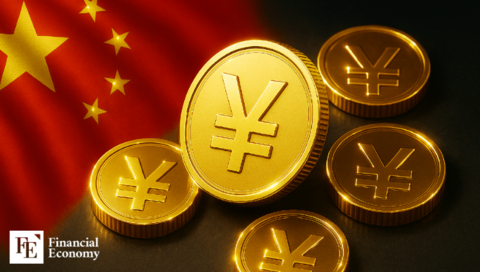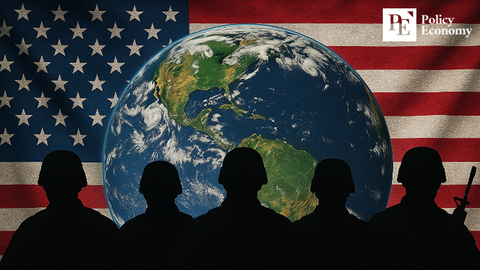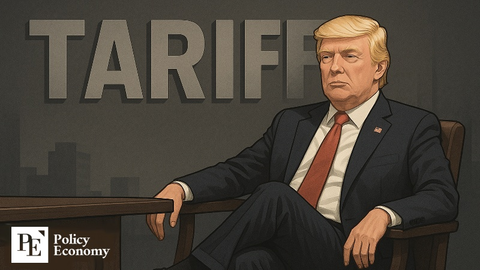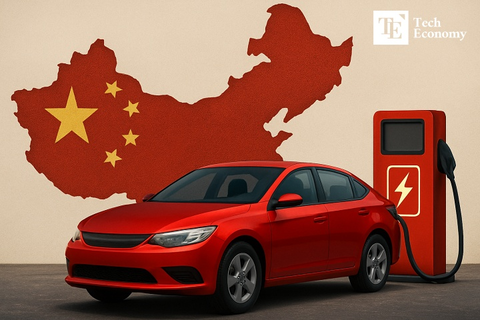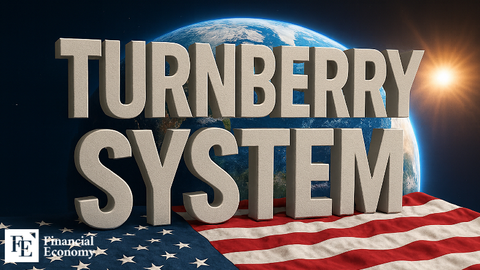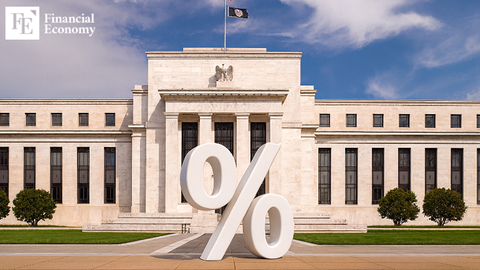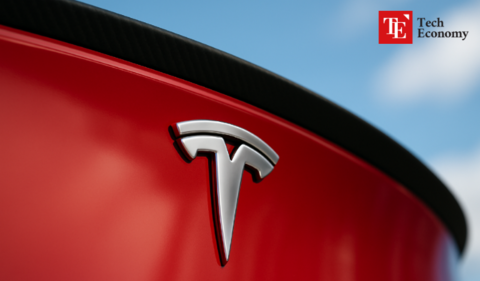Elon Musk and Peter Navarro: A Clash of Perspectives on Tariffs and Free Trade
Input
Changed
The Tariff Disagreement: A Growing Tension? Musk’s Call for a Free Trade Zone The Trump Administration’s Response: Discontent Among Key Figures
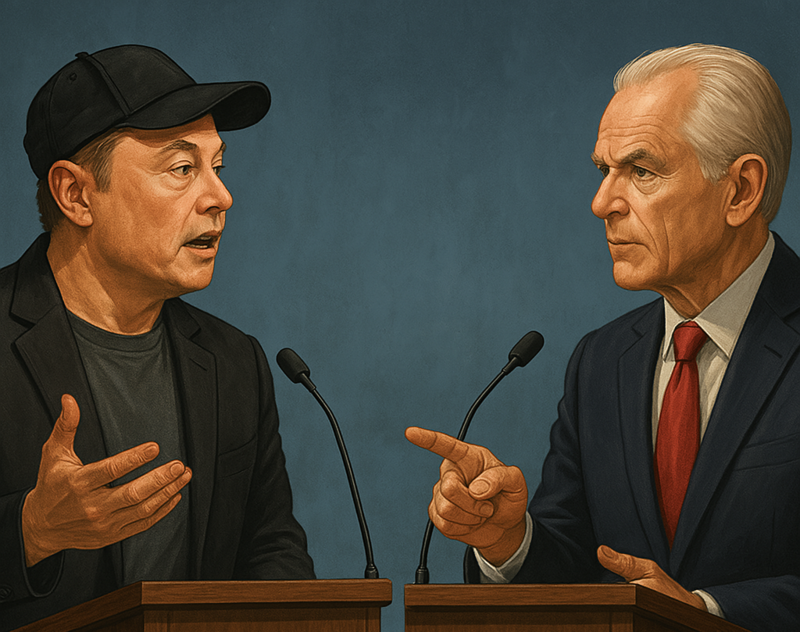
The Tariff Disagreement: A Growing Tension?
The ongoing tensions between Elon Musk and former Trump trade advisor Peter Navarro highlight an intriguing divergence in economic perspectives, particularly on tariffs. Recently, Musk’s comments regarding U.S. trade policies have stirred controversy, especially his comments about tariffs, a topic Navarro holds dear. These remarks, though seemingly a point of disagreement, do not appear to signal a rift in the long-standing relationship between the two. In fact, Navarro has been quick to downplay any notion of a feud, claiming that while Musk’s perspective on tariffs may differ from his own, it does not constitute a major issue. However, this conflict has raised important questions about the future of U.S. trade policies, especially under the influence of influential figures like Musk, who have shown their ability to shape policy directions.
Elon Musk, known for his outspoken opinions on various matters, recently made waves when he distanced himself from the Trump administration's tariff policies. In a pointed exchange with a media outlet, Musk scoffed at efforts to defend tariffs, especially those related to industries like steel and aluminum, which were part of the Trump administration's broader trade war with China. Musk’s criticism was not just a simple rejection of tariffs but an indication of his evolving stance on U.S. economic policy. His focus, instead, was on creating a future where free trade zones and minimal tariffs between major economic powers could thrive.
One of Musk's key proposals, made public in a recent interview, suggested the creation of a free trade agreement (FTA) zone between the U.S. and Europe. This move would aim to eliminate tariffs entirely between the two regions, fostering a more interconnected global marketplace. Musk’s comments seem to reflect his belief in the power of unencumbered trade as a way to drive economic growth and innovation. However, this contrasts sharply with the protectionist views espoused by figures like Peter Navarro, who see tariffs as crucial tools for ensuring that U.S. industries, such as manufacturing, are not undercut by foreign competition.
Navarro, who served as the director of the White House National Trade Council under former President Donald Trump, is a staunch advocate for tariffs. He argues that they are necessary to safeguard U.S. industries and workers from unfair competition and to rectify trade imbalances. For Navarro, tariffs represent an essential tool in the broader strategy of economic nationalism, which was a cornerstone of Trump’s trade policy.
Yet, despite their starkly different views on tariffs, Navarro has dismissed any suggestion that there is a growing rift between him and Musk. In recent statements, Navarro claimed that there was "no rift" between the two, even as Musk's public criticism of the tariff system drew attention. He acknowledged that Musk may not fully understand the intricacies of trade cheating or the purpose behind tariffs, but emphasized that this was simply a matter of differing opinions rather than a fundamental divide. Navarro's position seems to reflect the broader political reality that economic figures like Musk, who have significant influence, do not always align with traditional trade policy viewpoints, yet still maintain their relevance within the broader political ecosystem.
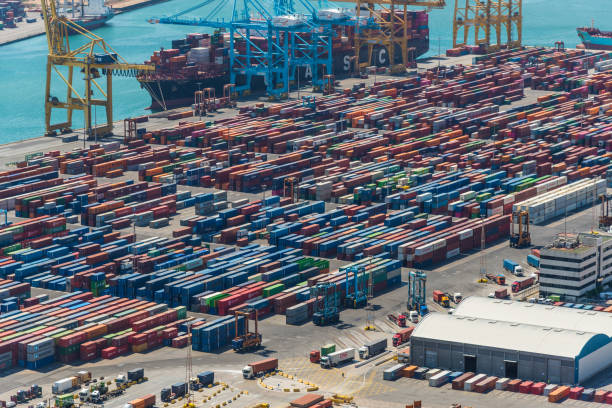
Musk’s Call for a Free Trade Zone
One of Musk’s more striking suggestions is the creation of a free trade zone between the U.S. and Europe. Musk has long advocated for policies that facilitate global business expansion, and his comments reflect this focus on unimpeded trade. A free trade zone between the U.S. and Europe would eliminate tariffs between the two regions, enabling companies to operate without the burden of trade restrictions that often increase costs and stifle innovation. Musk’s vision is rooted in the belief that a more open trading environment would benefit all parties involved, fostering economic growth while also promoting the exchange of ideas, technology, and goods.
Musk’s advocacy for such a trade arrangement is a direct challenge to the protectionist policies championed by Trump and his administration. The idea of zero tariffs between major economies would allow companies to operate with greater efficiency, unimpeded by the taxes that often slow down business transactions. For Musk, who runs multinational companies like Tesla and SpaceX, the ability to engage in business across borders with minimal bureaucratic interference is crucial for the continued success of his enterprises.
However, Musk's comments on free trade have sparked concern among Trump’s key supporters, including Navarro, who has often emphasized the need for tariffs as a way to protect American workers and industries. Navarro has made it clear that while he may disagree with Musk’s stance on tariffs, this does not signify a rupture in their relationship. Navarro sees Musk's suggestions as the result of a fundamental misunderstanding of global trade dynamics, yet he maintains that Musk's innovative approach to business remains valuable. This apparent contradiction speaks to the complexity of the relationship between Musk and figures within the Trump administration, where ideological differences on trade policy do not necessarily translate into personal conflicts.
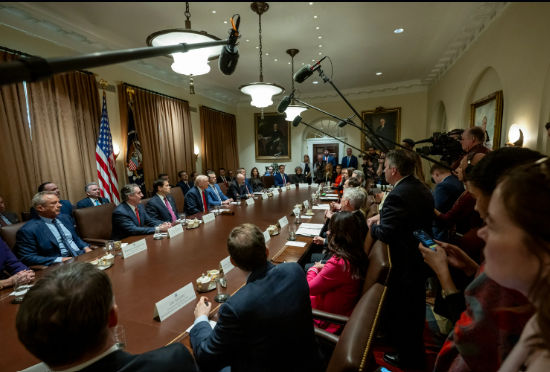
The Trump Administration’s Response: Discontent Among Key Figures
Despite Navarro's attempts to downplay the situation, it is clear that many figures within the Trump administration are not entirely on board with Musk’s free trade vision. Musk’s suggestion of a U.S.-Europe free trade zone stands in stark contrast to the administration’s focus on "America First" policies, which prioritize protectionist measures like tariffs. The Trump administration’s key trade figures, including Navarro, view tariffs as necessary tools for balancing trade deficits and curbing unfair practices by foreign competitors.
From the perspective of Navarro and others in the Trump camp, tariffs serve as a powerful economic weapon that can force countries to negotiate better trade terms. By imposing tariffs, the U.S. can pressure countries, particularly China, to alter their trade practices in a way that benefits American businesses and workers. The underlying belief is that tariffs can serve as a check on countries that engage in practices like currency manipulation or intellectual property theft, which undermine the competitiveness of U.S. industries.
Musk’s criticism of tariffs as a mechanism to protect U.S. industries has drawn sharp rebukes from individuals like Navarro, who argue that such measures are not only necessary for the protection of American jobs but also vital for reasserting U.S. economic power on the global stage. Navarro’s insistence that there is "no rift" between him and Musk may be an attempt to downplay the discord in order to avoid further public disputes. Nevertheless, it remains clear that Musk’s comments have sparked a debate within the broader conservative and business communities about the future direction of U.S. trade policy.
Ideological Divergence: Free Trade Versus Protectionism
At the heart of this dispute is a broader ideological divergence between free-market advocates like Musk and protectionists like Navarro. Musk’s support for free trade zones and tariff reductions is rooted in his long-standing belief that global markets should be interconnected and that reducing barriers will ultimately lead to more innovation, economic prosperity, and job creation. He views trade restrictions as barriers to progress, particularly in industries that thrive on international collaboration, such as technology and automotive manufacturing.
On the other hand, Navarro’s protectionist stance reflects a belief that tariffs are necessary to protect U.S. industries from being undercut by foreign competitors, particularly in areas where foreign governments engage in practices such as currency manipulation, unfair subsidies, or intellectual property theft. From Navarro’s perspective, tariffs are tools to level the playing field and ensure that American workers are not disadvantaged by unfair foreign competition.
This ideological divide between free trade and protectionism is nothing new in global economic debates. The tension between these two perspectives often leads to conflicting trade policies, especially when political and business leaders with different priorities exert influence over government decision-making. In this case, Musk’s evolving position on trade has brought him into direct conflict with a key figure in the Trump administration, one who has championed the idea of economic nationalism and protectionism as tools for strengthening the U.S. economy.
Conclusion: Diverging Paths, But No Feud
In conclusion, the disagreement between Elon Musk and Peter Navarro over tariffs highlights a fundamental ideological divide on trade policy, but it does not seem to signal a larger rift between the two. Musk’s advocacy for a free trade zone between the U.S. and Europe reflects his belief in minimal barriers to trade, an idea that clashes with Navarro’s protectionist views. Despite this, Navarro has gone to great lengths to downplay the significance of their differences, asserting that no fundamental breach has occurred.
While this disagreement may be the first major policy divergence between Musk and the Trump administration, it is unlikely to diminish Musk’s influence in the broader political landscape. His wealth, innovation-driven approach, and ability to shape the future of multiple industries give him a unique platform, one that even trade figures like Navarro cannot easily dismiss. Ultimately, Musk’s stance on tariffs serves as a reflection of his broader economic philosophy, one focused on maximizing trade opportunities and minimizing government-imposed restrictions. Whether or not this vision can gain traction within the U.S. political establishment remains to be seen, but Musk’s bold ideas are unlikely to go unnoticed.
As the global economy continues to evolve and new economic challenges emerge, the debate between free trade and protectionism will likely remain a prominent issue. For Musk and Navarro, this ideological divide may be the first of many disagreements. However, it is clear that both figures will continue to play important roles in shaping the economic direction of the U.S., regardless of their differing views on tariffs.

